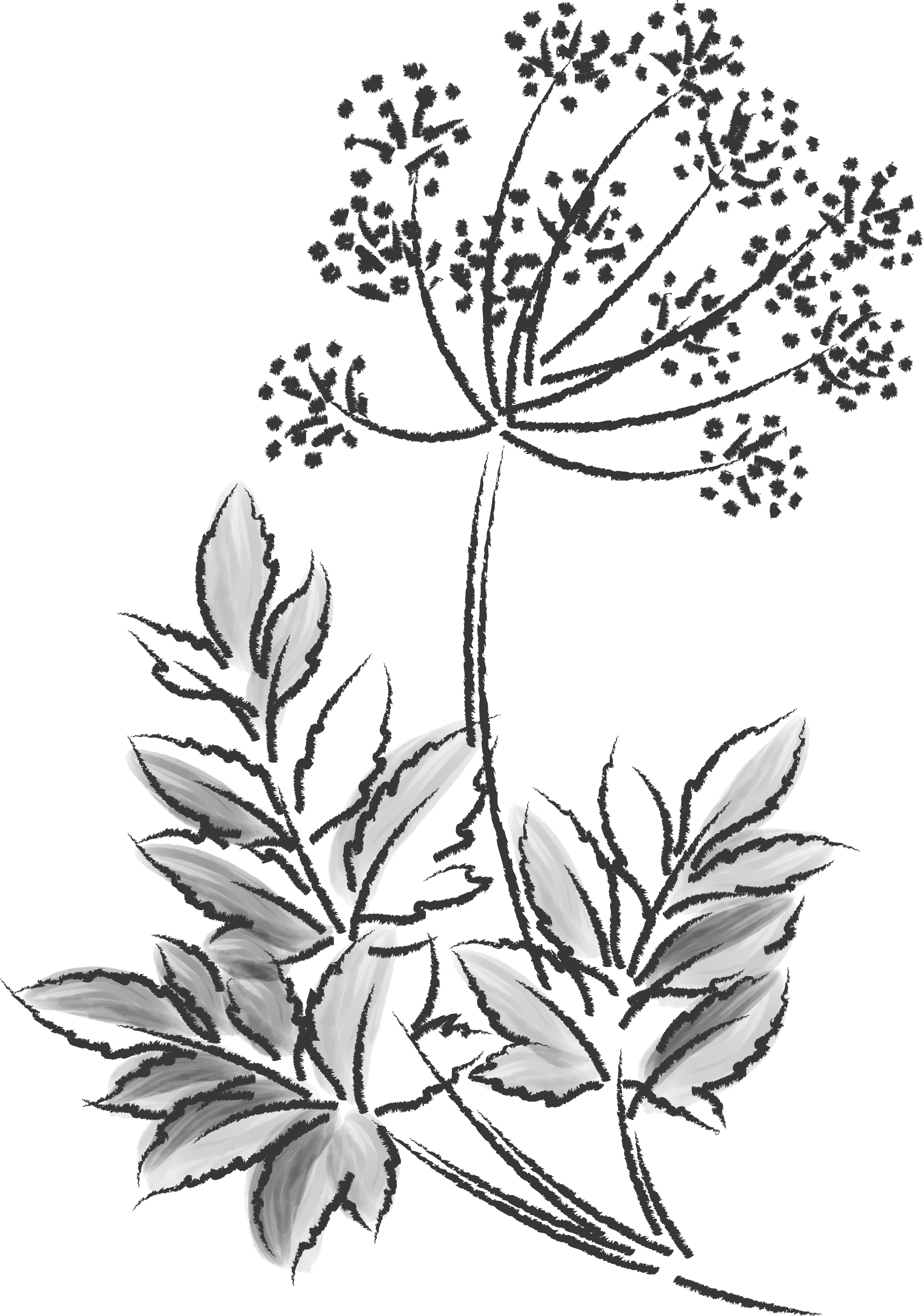Vitamin D is often referred to as the sunshine vitamin, but did you know it has multiple roles in keeping our bodies healthy? We explain its importance, ways to safeguard against vitamin D deficiency and what to look out for when choosing vitamin D supplement.

What is Vitamin D good for?
Our skin naturally produces Vitamin D when it’s exposed to sunlight in the summer months. This highly important, fat-soluble nutrient helps to prevent an array of health issues and has multiple health benefits. Among them:
- Maintaining the health of bones and teeth
- Maintaining the health of muscle function
- Immune function
- Normal absorption/utlilisation of calcium and phosphorus.
- Normal blood calcium levels
- Calcium and Vitamin D help to reduce loss of bone mineral in post-menopausal women
However, the winter months and lifestyle factors such as increasing time spent indoors, fears of sun-overexposure, use of sunscreen and wearing clothing that covers the legs and arm has a significant impact on our skin’s capacity to create Vitamin D.
This has resulted in a serious health epidemic: vitamin D deficiency. The classic vitamin D deficiency is rickets and is becoming increasingly common in the UK, in fact combined hospital admissions for vitamin D deficiency and/or rickets has increased by 30% year on year. Fortunately, there are ways you can safeguard against vitamin D deficiency through dietary supplements.
Who is likely to be at risk of having a low Vitamin D status?
Those at risk of lowered vitamin D status are the elderly and small children, however in addition, those with darker skin and those whose skin is not exposed to the sun are at the greatest risk.
Historically the Public Health England vitamin D recommendations were solely for the elderly and children, however in response to the widespread inadequate vitamin D status, the recommendation to supplement 400iu of vitamin D in winter months was extended to all UK residents.
Can I get Vitamin D from food?
Very few foods contain vitamin D however these dietary sources such as eggs, milk and fatty fish do not provide sufficient levels of Vitamin D, therefore a supplement daily supplement is required between October to March.
What’s the Government recommendation for Vitamin D intake?
In the UK, the government recommends for all adults and children to consider taking 10ug or 400IU daily between October and March. They further suggest that larger doses may be necessary if you are diagnosed with a deficiency or are in an at-risk group.
In Ireland, the government recommendations are as follows: The Health Service Authority advises children 1-4 years to take 5ug or 200IU in winter, and those aged 65 years and older to take 15ug or 600IU all year round. The Food Safety Authority of Ireland makes additional recommendations that children aged 5-11 years to take 10ug or 400IU daily and those aged between 12-64 years to take 15ug or 600IU.
How much Vitamin D?
There are many factors which can determine how much vitamin D is required. These include age, skin-colour, sun exposure, clothing, use of topical moisturisers with an SPF rating and more.Different studies will recommend different amounts of vitamin D intake.
UK Government recommends everyone takes
400IU of Vitamin D daily
People with low vitamin D status as tested in a blood test should take 1000-2000IU daily. The pregnant and elderly should take advice from their GP. (Further information is available from the Endocrine Society Guidelines on vitamin D, which defines the amount based on healthy blood levels.)
Viridian Nutrition has a Vitamin D range spanning 8 supplements in capsules and liquids to allow flexibility in meeting individual or family requirements. There’s a vitamin D supplement for everyone!
Is all Vitamin D vegan?
Vitamin D supplements are available widely, but keep in mind that most vitamin D3 supplements are derived from lanolin in sheep’s wool and so are unsuitable for vegans or those avoiding animal products. However, a recent discovery revealed Vitamin D3 is present in lichen, resulting in vegan Vitamin D3 food supplements.
What is the difference between Vitamin D2 and D3?
There are 2 major forms of Vitamin D – D2 and D3. Vitamin D3 is transformed into the active form of vitamin D quicker than vitamin D2. However an organic vitamin D3 does not exist so those wanting an organic vitamin D would need the Organic Vitamin D2.
Vitamin D3 is generally animal derived, with the exception of lichen and Vitamin D2 is sourced from plants, with levels of D2 especially rich in mushrooms.
Viridian provides the vegan form of D3 which is available in capsules, liquid and spray form.
Why is Viridian Vitamin D3 effective?
A clinical trial by the University of Surrey has shown individuals who supplemented with Viridian Nutrition’s Vitamin D3 improved their levels of the micronutrient - avoiding vitamin D deficiency during the winter months.
The study also suggested increasing recommended vitamin D intake to reach optimal levels during the cold season. From this, researchers recommended that the daily intake for women living in England would be between 15 micrograms or 15μg (600 IU) and 37 micrograms or 37 μg (up to 1490 IU) to meet the optimal threshold by the end of winter.
What’s the best way of increasing Vitamin D absorption in the body?
Vitamin D is a fat-soluble vitamin, which means it is better absorbed in the body when taken with a meal that contains fats.
What should I look for in Vitamin D supplements?
100% active and free from excipients, additive and fillers. If it is liquid than ensure that the carrier is an oil and does not contain added sugar, and that each serving provides a minimum of 400IU.

The information contained in this article is not intended to treat, diagnose or replace the advice of a health practitioner. Please consult a qualified health practitioner if you have a pre-existing health condition or are currently taking medication. Food supplements should not be used as a substitute for a varied and balanced diet.







